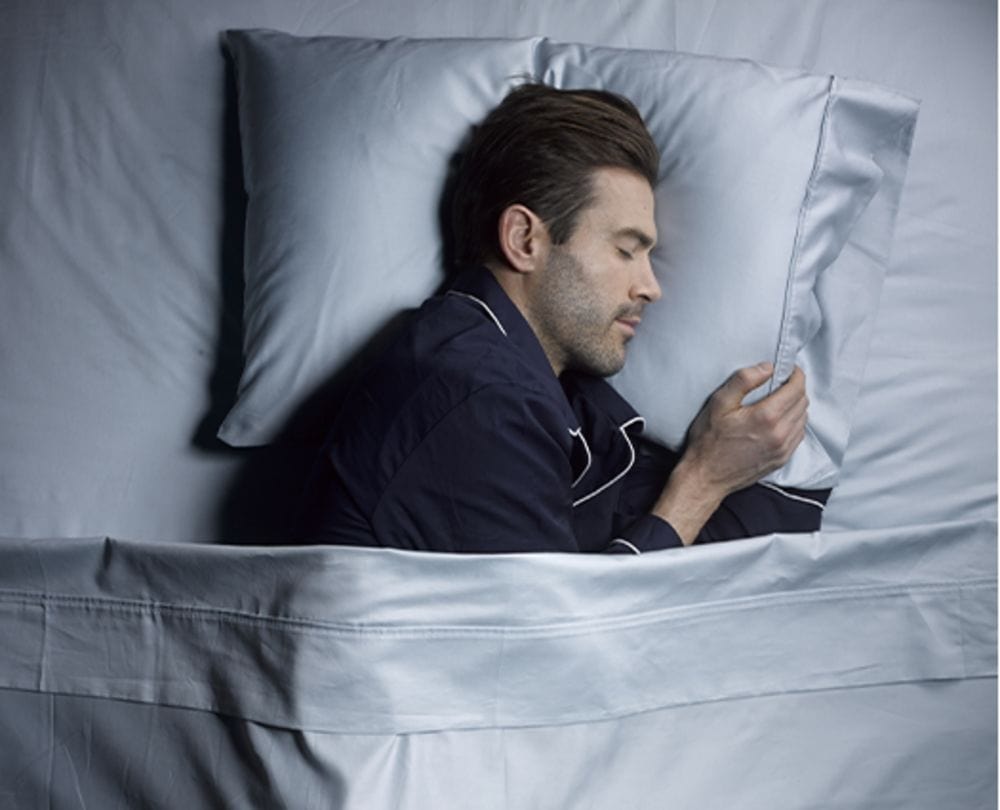Visit or Call Our Sleep Guide Texas Showrooms
Our Texas Showrooms Are Here To Help With All Your Favorite Online Brands! And We Offer Exclusive Coupons To Save More!
Learn MorePlease note, we are proudly supported by our readers. The product links are referral based and if you purchase an item we make a small commission. For more information please see our disclosure page.
Our site uses cookies to improve your experience, continuing on our site means you agree with our cookie policy Read More
I agree
If it’s any consolation, most everyone suffers the same loss, at least occasionally. But that isn’t real consolation, is it? This is about you, not the rest of humanity. So why did you sustain the loss, and how can you make falling asleep easier? Read on, and Uncle CT will try to give you some answers to both questions.
First, let’s look at biological needs at different stages of life. Babies and toddlers need 12 or 14 hours of sleep. You don’t. Unlike a baby, you’re not growing bone, muscle and other tissue at a ferocious pace. And even if you now work out regularly, you probably don’t come close expending the pound-for-pound energy of your three-year-old self.

And it’s not just tissue growth and physical activity that spurs babies’ plunge into good sleep. Their brains work harder than yours. Everything is new to them. A six-month old brain is burning energy every waking minute, trying to learn who’s who and what’s what, and wondering what toes taste like. Those activities require lots of nourishment and lots of nourishing sleep.
Unlike many adults, babies and toddlers have little trouble falling asleep when they need to – though maybe not at the time you want them to. When they do decide they need sleep, they can go from laughing at Nemo to out cold in 60 seconds flat. Why can’t you?

To completely satisfy those needs, most of us need 7 to 9 hours of restorative sleep each night (we all have slightly different requirements). That’s far less than our baby selves required, and less than we needed as teens – but we do need it. Why then, are so many of us unable to fall into good sleep, even if we schedule the time for it? The blame falls inside your skull.

Unlike babies. we all have a reservoir of anxieties. They can pester us at exactly the time we’re trying not to think about them. You lie in the dark thinking about a screwup at the office, a disagreement with a friend, your daughter suspended from school for smoking pot with the custodian. The causes are endless.
You know you need sleep, but revisiting your anxieties stops you from getting there. Unfortunately, just telling yourself not to worry is often a losing strategy – after all, you are genuinely worried! Here is Uncle CT’s first step, and it’s one he uses himself. Don’t try to repress anxiety – reschedule it.

Sound hokey? Try it! And give yourself time to get the hang of it. You couldn’t stay upright on a bike the first time, either. Once you learn to reschedule thinking about a source of anxiety, you’ll get better at falling asleep.

Finally, you agree to say “I love you,” even if you have to clench your teeth to get it out. If that strategy works for you, great. Sounds like you already have a good working relationship. But, if it takes half the night to get it done, you’re still likely to feel ragged the next day.
An alternative suggested by some psychologists is to simply stuff the anger. Their concern is that trying to talk it out, while already tired, might escalate the situation, not soothe it. They also point out that a contributor to the scrap can be one or both partner’s lack of sleep the previous night. Why double down?

Uncle CT suggests a third solution – our friend, rescheduling, again. Offer your partner a time in the next day or two when you can convince her how utterly wrong she is. As with the Talk it out Before Bed solution, it’s also important to hiss out, “I’m angry, but I also know I love you”. After that statement, it will be easier to suggest discussing it the next day, when both of you are fresher. Force yourselves to try it a few times.
If it eventually becomes habit, and you learn to fall asleep without resolving your disputes in the wee hours of the night, you’re halfway to remaining a couple. (Agreeing to work on it the next day also minimizes the likelihood either of you will make any candid 3am statements about the other’s parents).

If your five or ten-year- old mattress doesn’t treat you to a comfortable ride into sleep, replace it! It will cost a lot less than a new car, but it will make a much greater difference in your life than a Rolls Royce. Do your mattress research online at OurSleepGuide.com. Simply click in your preferences, and they will suggest the right choices for you.
Good Sleeping,
Uncle CT
I should acknowledge that, in researching the “talk it out” strategy, I found it is very commonly the advice of people who’ve been married for 50 or 60 years. It’s not my way, but then I haven’t been married for half a century. Maybe they’re on to something.
Our Texas Showrooms Are Here To Help With All Your Favorite Online Brands! And We Offer Exclusive Coupons To Save More!
Learn More
